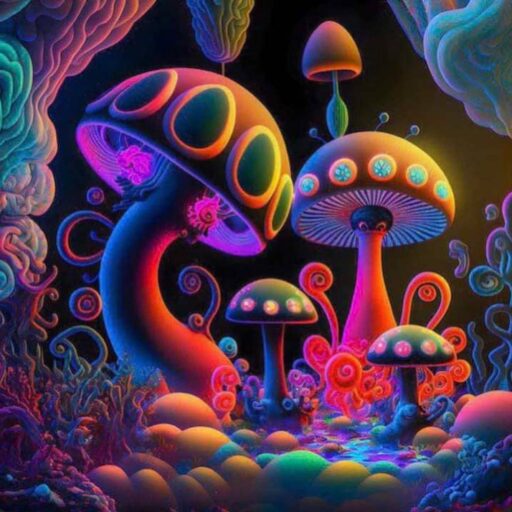FAQs
What Are Psychedelics?
Psychedelics are a group of drugs that alter perception, cognition, and mood. They can induce hallucinations, sensory distortions, and changes in thought patterns. Examples include LSD, psilocybin (magic mushrooms), and DMT. These substances can produce profound and unique experiences, potentially leading to spiritual insights, introspection, and personal growth. However, it is important to note that their use should be approached with caution and in a safe and controlled environment.
What Are The Effects Of Psychedelics?
Psychedelics are known for altering a person’s perception, thoughts, and emotions. Their effects can vary depending on the dose, individual, and the specific drug. Some common effects include changes in mood, time perception, and sensory experiences. Users may also experience hallucinations, synesthesia, and altered states of consciousness. Psychedelics can also disrupt traditional thought patterns and lead to profound insights and experiences. In some cases, they have been used to treat anxiety, depression, and addiction.
Are Psychedelics Safe?
The safety of psychedelics depends on various factors, including dosage, set and setting, and an individual’s mental and physical health. When used responsibly and under appropriate supervision, psychedelics can be relatively safe.
What Are The Potential Therapeutic benefits Of Psychedelics?
Psychedelics have shown promising potentials in the treatment of various mental health conditions, including depression, anxiety, PTSD, and addiction.
Research suggests, they can help facilitate transformative experiences and promote personal growth.
